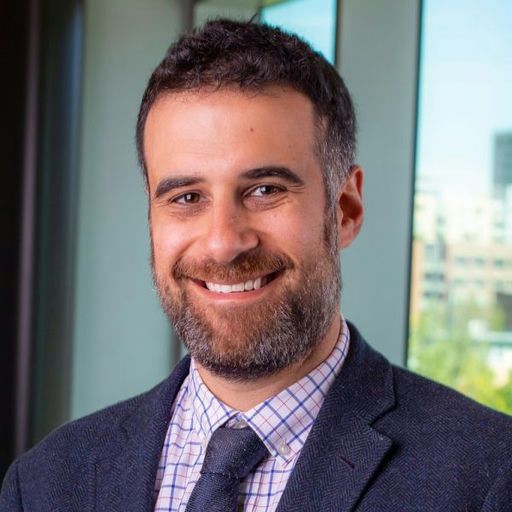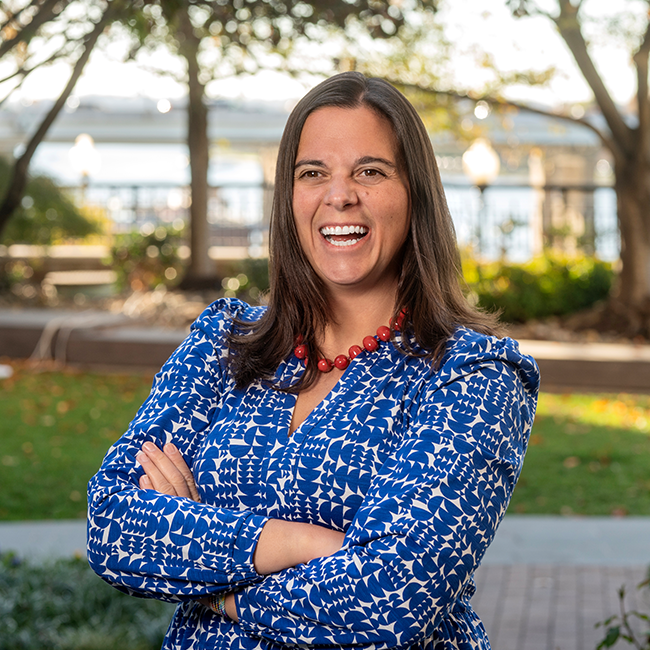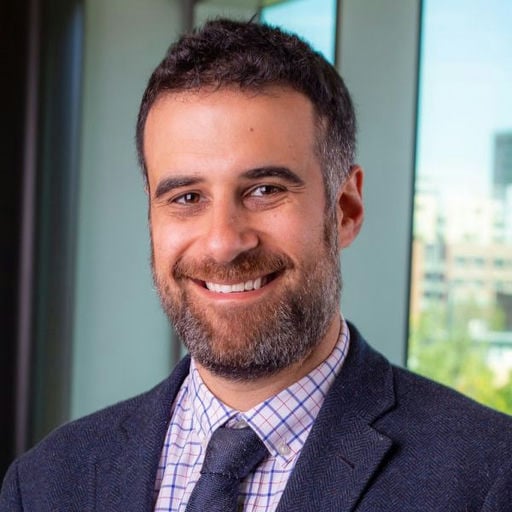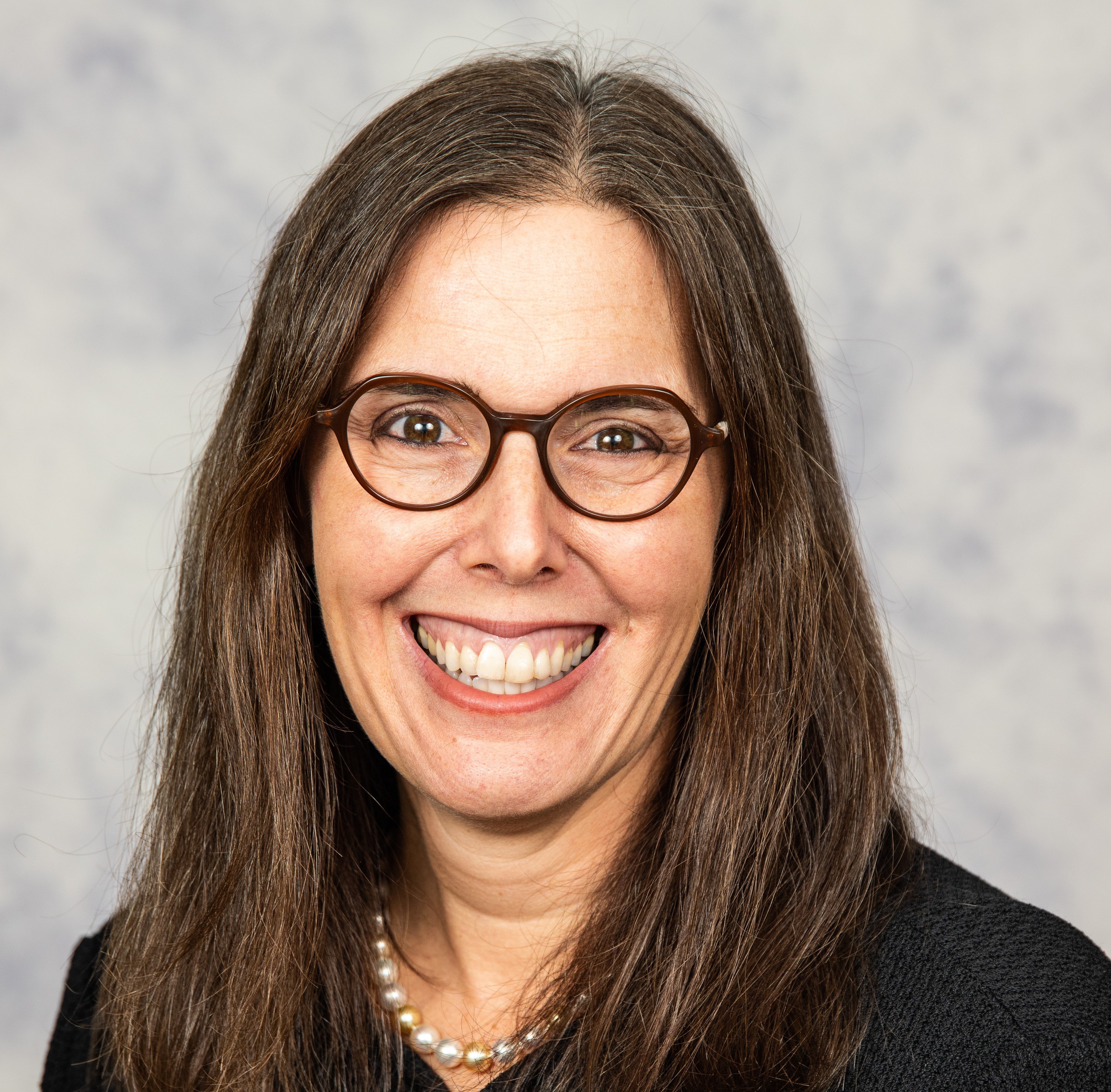The most common way to understand the impact of a disease is to track its rates of prevalence and mortality because these metrics are derived from easily collected data. However, prevalence and mortality rates fail to capture whether a disease is becoming more dangerous without necessarily becoming more directly deadly.
This report uses multiple-cause mortality data for the universe of US death certificates from 2006 to 2019 to explore the distribution of factors contributing to death. We examine the role of “metabolic illnesses,” broadly defined as illnesses that occur due to abnormalities in the body’s metabolic process. Although these illnesses all impact the same system, they may have very different causes, presentations, risk factors, and impacts on quality of life.
We explore how these contributors changed in frequency for all causes of death and for each of the top causes of death in the United States between 2006 and 2019. We also examine how these changes differed based on sex, race, and ethnicity.

Andrew Friedson

Katherine Sacks
Related Content
-
Economic impact of excess weight now exceeds $1.7 trillion, new Milken Institute report reveals
LOS ANGELES, Tuesday, October 30, 2018—The impact of obesity and overweight on the U.S. economy has eclipsed $1.7 trillion, an amount equivalent to 9.3 percent of the nation’s gross domestic product, according to a new Milken Institute...Read Article -
Michael Milken Engages Crisis Leaders in New Podcast
Responding to COVID-19: Conversations with Mike Milken features medical research, business, and public policy leaders LOS ANGELES, April 7, 2020 – The Milken Institute today introduced a new program focusing on leaders in the war against...Read ArticleImage
Mike Milken
ChairmanMike Milken, chairman of the Milken Institute, has been at the forefront of successful initiatives in medical research, education, public health and access to capital for more than four decades. Fortune called him “The Man Who Changed Medicine” and Forbes listed him among “Visionaries Reimagining Our Children’s Future.” -
ARPA-H: The Next Frontier of Biomedical Research Hearing
Witness List Keith R. Yamamoto, Ph.D. Vice Chancellor for Science Policy and Strategy, University of California San Francisco Esther Krofah, Executive Director, FasterCures and Center for Public Health at the Milken Institute Geoffrey Shiu...View TestimonyImage
Esther Krofah
Executive Vice President, Milken Institute HealthEsther Krofah is the executive vice president of Milken Institute Health, leading FasterCures, Public Health, the Future of Aging, and Feeding Change. She has extensive experience managing efforts to unite diverse stakeholders to solve critical issues and achieve shared goals that improve patients’ lives. -

Kissick Family Foundation, Milken Institute Announce $2.5 Million in Funding for Dementia Research
WASHINGTON, DC (November 14, 2023) — The Kissick Family Foundation Frontotemporal Dementia Grant Program, in partnership with the Milken Institute, launched its first-ever request for funding proposals today. Up to $2.5 million in total...Read ArticleImage
Chad Clinton
Director, Media RelationsChad Clinton is the director of media relations for the Milken Institute. Hired to this role in August 2021, Clinton develops and executes strategies to amplify the Institute’s core messages by generating coverage of its pillar workstreams, experts, and events. -
Best Cities for Successful Aging 2014
Best Cities for Successful Aging is a first-of-its-kind, data-driven index that measures and ranks the performance of 352 U.S. metropolitan areas in promoting and enabling successful aging. Unlike many “best places to retire” lists, the...Read Report11 11 11Liana Soll, Sindhu Kubendran, and Anusuya Chatterjee -
Expanding the Science of Patient Input: The Power of Language
Language matters. At a February 2016 workshop of leaders committed to expanding patient engagement hosted by FasterCures, just 22 percent felt there was broad agreement on what the term “patient-centered” means or represents. The need to...Read Report -

The Listening Project: Global Perspectives on a Post-Pandemic Future
The Listening Project is a research program developed by the Milken Institute and The Harris Poll to understand the most urgent needs and challenges people are facing globally. For the second edition of our annual study, we asked nearly 17...Read Report -

Roadmap for Investment in Dementia Care
On average, people with Alzheimer’s disease and frontotemporal dementia live six to ten years after diagnosis. People with vascular dementia and Lewy body dementia live on average five to six years after diagnosis. A great deal can and...Read Report
 11
11
11
11

-

Key Trends in Health at Milken Institute Global Conference 2023
The 26th annual Milken Institute Global Conference convened the best minds in the world to tackle its most urgent challenges and realize its most exciting opportunities. Throughout the four-day event, our health teams curated nearly three...Read Report -

Key Trends in Health at Milken Institute Global Conference 2024
This brief summarizes the key trends, ideas, and solutions discussed at the Milken Institute Global Conference 2024 to increase access to innovation and improve health outcomes.Read Report -

Insights on Investments in Food Systems Transformation: Pathways to COP30
This brief synthesizes those conversations into four key themes related to the trends, challenges, and opportunities for public, private, and nonprofit capital to drive food systems transformation.Read Report -
Incorporating Voluntary Patient Preference Information over the Total Product Life Cycle
Michelle Tarver, MD, PhD Director, Center for Devices and Radiological Health US Food and Drug Administration Silver Spring, MD 20993 Peter Marks, MD, PhD Director, Center for Biologics Evaluation and Research US Food and Drug...Read LetterImage
Esther Krofah
Executive Vice President, Milken Institute HealthEsther Krofah is the executive vice president of Milken Institute Health, leading FasterCures, Public Health, the Future of Aging, and Feeding Change. She has extensive experience managing efforts to unite diverse stakeholders to solve critical issues and achieve shared goals that improve patients’ lives.




